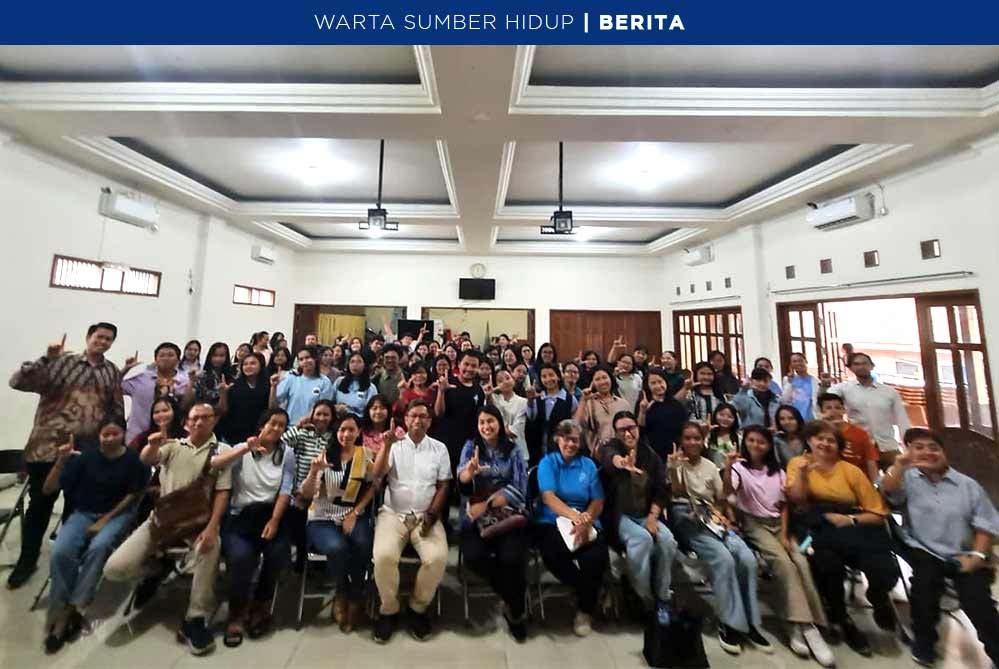Throughout human history, the desire for power has often been at the root of conflict, oppression, and destruction. From ancient warfare to modern politics, from territorial conquest to economic and ideological domination, humans have often been caught up in the desire to dominate others and perpetuate themselves. Genesis 11:1–9 illustrates this dynamic in the form of an ancient narrative about the founding of the city and the tower of Babel. While this narrative may seem like an etiological account of the origins of different languages, it contains a profound theological rebuke of humankind’s propensity to overstep the bounds of creation.
Narrative Structure and Project Contrasts
Acts 11:1–9 is organized in two points of view: man and God. Verse 1–4 records mankind's collective project: building cities and towers whose tops reach to the heavens and “making a name. ” Verse 5 becomes a turning point when God “descends” to see what mankind is doing, a sharp irony to the project's claim of height. Verse 6–9 then reveals God's response: not punishment, but restriction, by confusing their language and scattering them over the earth. Two grand projects, the man-made city and God's intervention collide. One seeks to consolidate power, the other to disperse and restrict.
The Meaning of the City and the Tower: Symbols of Power and Immortality
In ancient Near Eastern cultures, building cities and towers was not just a matter of architecture. They were political and religious statements. Cities were centers of power, residences of rulers, symbols of military and economic strength, and tools to maintain dominance over the people. The tower, מִגְדָּל—migdal, often interpreted to refer to the typical architectural structure of ancient Mesopotamia known as the ziggurat, was a symbolic representation of connection with the divine. In this narrative, however, they are depicted as human projects that attempt to pierce the heavens & cross the boundary between creation and Creator.
The phrase "let us seek a name that we may be" (verse 4) indicates the human drive for immortality: the desire to immortalize their name, existence, and influence. Cities and names become tools to perpetuate themselves in the midst of mortality. In this case, the desire for power is closely related to the fear of death and the desire to be like God.
City as Instrument of Power
Cities in the ancient world were not just settlements, but the primary means of perpetuating power and asserting conquest. Great empires like Assyria and Babylon expanded their territories through warfare and military expansion. However, whenever a king died, the opportunity for rebellion by vassal kings arose, hoping to gain independence. Therefore, the new king usually began his reign by putting down the rebellion in order to maintain stability and continue expansion. One way to demonstrate control over conquered territories was to establish fortified cities complete with temples. Such cities served as symbols of the ruler's presence and concrete representations of his power. Through the construction of cities and monumental structures, rulers asserted their authority and sought to perpetuate their name and dominance over history.
It is this context that helps us understand the motives behind the building of the city and tower in Genesis 11. This is not simply a collective project, but rather an illustration of imperialist desire: to build structures that are not only functional, but also monumental, reflecting power, control and the fear of losing control.
Age and Boundary Violation
Traditional readings see in the Babylonian project a form of "hybris" or human pride. They not only ignored God's command to "fill the earth" (Genesis 1:28; 9:1), but also tried to undermine the cosmic order by building a "tower whose top reached to the heavens." The desire to conquer divine space mirrors a recurring pattern of boundary violation in the Genesis narrative: Adam and Eve in the garden, "the sons of God" in Genesis 6, and now humanity collectively at Babel.
However, unlike in previous accounts, the Babylonian narrative does not explicitly mention sin or punishment. God does not impose a curse, but rather a restraint, similar to a parent protecting a child from great danger. This suggests that God's action is not retaliation, but rather rescue from the destruction that results from unbridled ambition.
Political Readings and Critiques of Ideology
Babel's narrative can also be read through a political lens. The phrase "one language and one speech" (verse 1) is not merely a linguistic matter, but a matter of ideological uniformity: one understanding, one agenda. This is a condition that tyrannical powers are prone to exploit. Thus, God's intervention in disrupting language can be interpreted as the dismantling of a single system that has the potential to oppress diversity and freedom.
The building of cities and towers is not just about progress, but about the centralization of power. The city was not just a settlement, it was the epitome of monopoly of power, hierarchical structures, and silencing. In this context, God's intervention dismantles domination and encourages dispersal that opens space for diversity, equal relations, and community autonomy.
Searching for Names and Scattered Fears
Man's fear of being “scattered” throughout the earth (verse 4) reflects identity anxiety. In ancient cultures, being scattered meant losing one's place, name and collective existence. The name symbolizes the identity and continuity of the community. Therefore, founding cities and making names were symbolic and existential strategies to avoid transience and extinction.
However, this is precisely where God acts. Not because humans are explicitly evil, but because in their anxiety, humans try to usurp divine power: immortality, absolute unity, total domination. They don't just want to build the world; they want to rule it completely, in their own name.
“ The city of Babylon and its tower is a satire, the story is written with irony and ridicule, criticizing the superpowers of its time. A story that laughs at the ambition and hegemony of the rulers and superpowers of the day.
Further can be followed through the link:

























